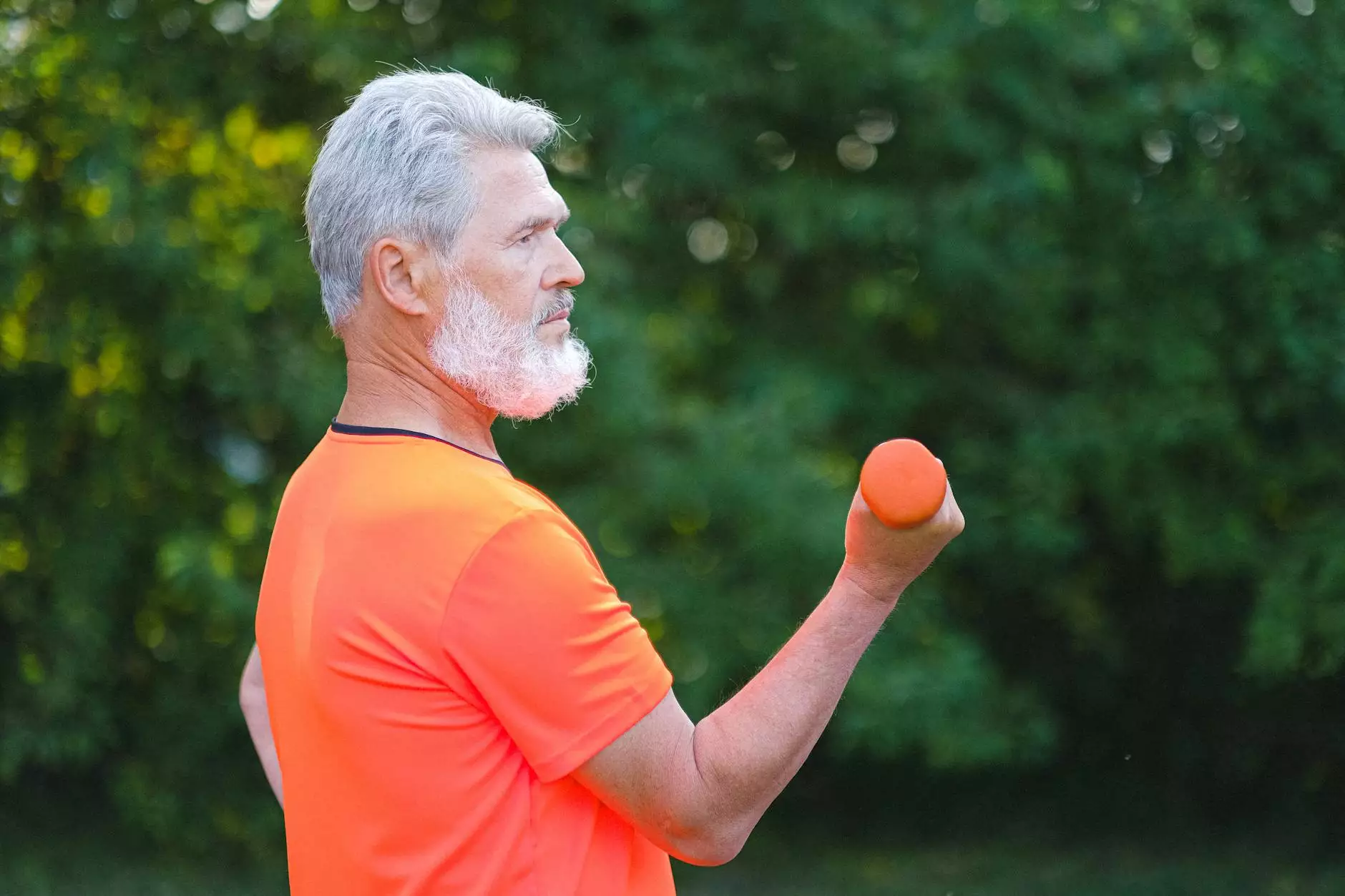Who Lives Longer - Night Owls or Early Birds?
Heart Health
The Impact of Sleep Patterns on Health and Longevity
Welcome to Bowling Orthopaedics, your trusted source for reliable and up-to-date information on various health topics. In this article, we will delve into the intriguing question of who lives longer - night owls or early birds? Sleep patterns have long been associated with overall health, and recent research suggests that it may have a significant impact on longevity.
Night Owls: Thriving in the Dark
Night owls, also known as evening types or late chronotypes, exhibit preferences for staying awake and active during the nighttime. While society often tends to favor early risers, night owls have their unique advantages and characteristics.
Research suggests that night owls tend to have a more creative and innovative mindset, often excelling in fields that require unconventional thinking. Their ability to concentrate during late hours can lead to enhanced problem-solving abilities and increased productivity, especially when working in environments that are conducive to their preferences.
Moreover, night owls may have a higher tolerance for stress and are commonly associated with traits such as adaptability and open-mindedness. These qualities can be advantageous in various aspects of life, including their ability to cope with unexpected challenges and changes.
Early Birds: Greeting the Dawn with Vitality
On the other hand, early birds, or morning types, prefer to rise and shine with the sun. They tend to feel most energetic and productive during the morning hours and experience sleepiness earlier in the evening compared to night owls.
Early birds often prioritize structure and routine in their daily lives. They are known for their punctuality and ability to plan ahead effectively. This can be an asset in professional and personal endeavors, as it enables them to stay organized and achieve goals.
Studies indicate that early birds generally experience better sleep quality due to their synchronization with natural light and darkness cycles. Regular sleep-wake schedules contribute to improved overall sleep hygiene and optimal functioning of the body's internal clock, which plays a vital role in maintaining numerous physiological processes.
The Sleep-Wake Dichotomy and Health Outcomes
While both night owls and early birds possess unique strengths, it is essential to consider the health implications of their sleep patterns.
Several studies have associated night owl tendencies with a higher risk of various health conditions, including obesity, diabetes, cardiovascular diseases, and mental health disorders such as depression and anxiety. The misalignment between their internal body clock and societal time constraints often leads to inadequate sleep and disruption of essential biological processes.
On the other hand, early birds reap the benefits of an aligned sleep-wake schedule, which positively impacts their overall well-being. They are more likely to engage in regular physical activity, make healthier dietary choices, and experience lower levels of stress and fatigue.
The Influence of Genetics and Environment
It is important to note that sleep preferences, whether leaning towards being a night owl or early bird, can be influenced by a combination of genetics and environmental factors.
Research has identified specific genetic variants that contribute to an individual's chronotype. These genetic influences interact with environmental factors, such as light exposure and work schedules, shaping an individual's sleep-wake preferences over time. While genetics play a role, lifestyle choices and external influences can also impact sleep patterns.
Finding Balance and Optimizing Sleep Habits
Regardless of whether you identify as a night owl or early bird, optimizing your sleep habits is crucial for overall health and well-being.
Consider the following tips to promote healthy sleep:
- Maintain a Consistent Sleep Schedule: Try to go to bed and wake up at the same time each day, even on weekends.
- Create a Sleep-Friendly Environment: Ensure your sleep environment is dark, quiet, and comfortable.
- Avoid Stimulants: Minimize the consumption of caffeinated beverages and limit exposure to electronic devices before bedtime.
- Establish a Bedtime Routine: Engage in relaxing activities before sleep, such as reading or listening to calming music.
- Manage Stress: Incorporate stress-reduction techniques into your daily routine, such as mindfulness exercises or gentle yoga.
- Seek Professional Guidance: If you are struggling with sleep-related issues, consult with a healthcare professional who specializes in sleep medicine.
By adopting healthy sleep habits, you can optimize your sleep quality, regardless of your preferred sleep pattern.
Conclusion
In conclusion, the question of who lives longer - night owls or early birds - does not have a definitive answer. Both sleep patterns come with distinct advantages and potential health implications.
Understanding your own sleep preferences and optimizing your sleep habits can significantly contribute to overall well-being and longevity. Remember, there is no one-size-fits-all approach when it comes to sleep. Find the balance that works best for you and strive to create a healthy sleep routine.
For further guidance and information on various health topics, turn to Bowling Orthopaedics for expert insights and reliable resources. Your health and wellness are our top priorities.




